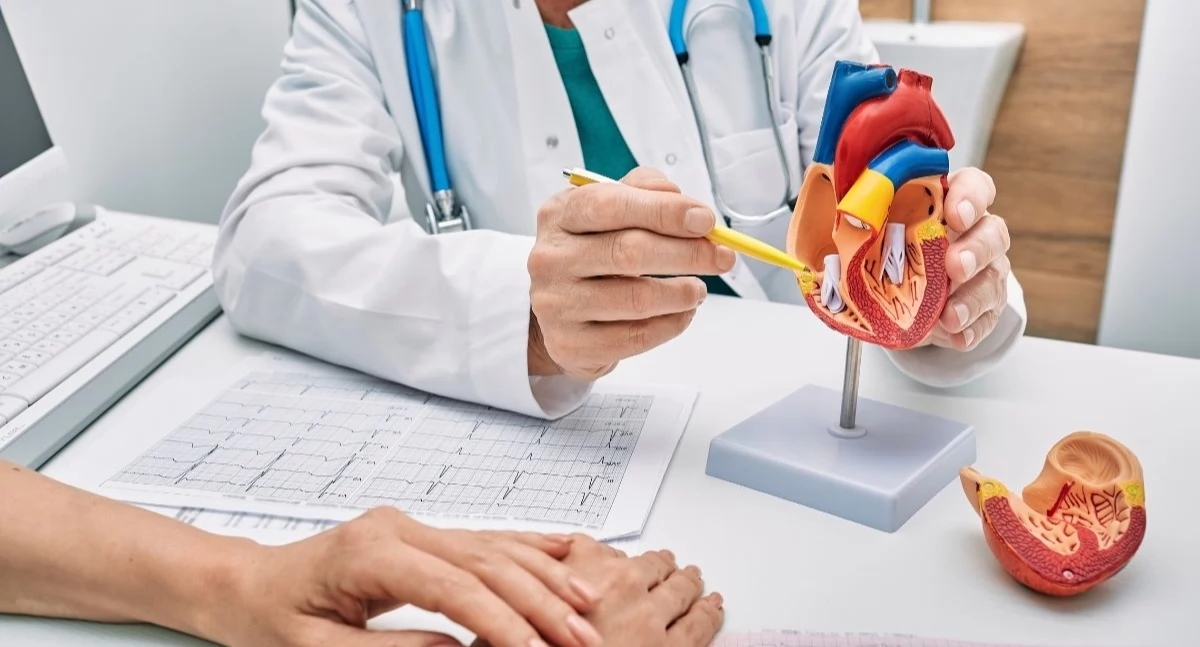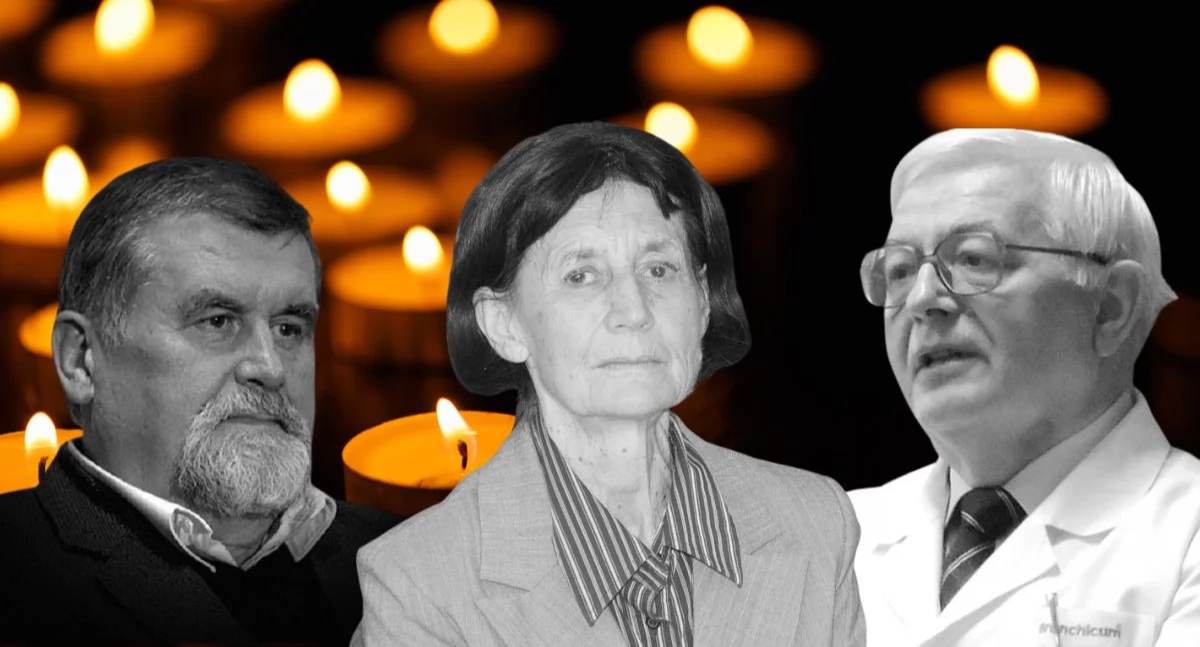WRSE12: Global Operators, 11 Transmissions, and the Polish Path to Uniform Robotic Surgery Standards

We are entering a new era of medicine based on innovation and technology. The first edition of the International Robotics Conference WRSE12 – Central European Robotic Event – took place at the Ministry of Internal Affairs and Administration's Institute of Medicine in Warsaw. Eleven robotic procedures were performed live on a single day, and discussions focused on the unification of surgical education and certification based on objective proficiency criteria.
The conference program included classic robotic urology procedures: radical prostatectomy and partial nephrectomy. The procedures were performed by renowned surgeons from Polish and international centers. Each broadcast was divided into stages. Simultaneously, participants compared the most important robotic platforms available on the Polish market in practice. This structured program served to foster effective education and consolidate competencies.
The conference brought together leaders in robotic urology from Poland and abroad. Participants watched procedures live and enjoyed expert commentary sessions, which answered questions in real time. The event emphasized the importance of interoperability across platforms and standardized education.
See also:Education in robotic surgery is evolving in tandem with technology. It has moved from single, demonstration procedures to standardized training and competency verification. The educational component emphasizes practical commentary from experts and interaction with participants.
Robotics in medicine is not an end in itself. It is a tool intended to serve humans: to improve treatment outcomes, increase safety, and shorten recovery times. It is the patient and their experience that should be the benchmark for every decision regarding the development of healthcare technology," emphasized Dr. Paweł Wisz , MD, urologist and one of the leaders in robotic surgery in Poland.
"It's not enough to simply increase the number of robots. We need more competence and collaboration to implement a new approach based on education and systems thinking. The effects of this approach are perfectly demonstrated by the validated Proficiency Based Progression (PBP) program, developed at ORSI Academy by Alex Mottrie's team," emphasized Dr. Wisz .
The Proficiency Based Progression model , developed at ORSI Academy , assumes that before a surgeon steps into the operating room, they master each step of the procedure flawlessly in a controlled simulation environment. Progress is measured by objective proficiency criteria, not the mere number of procedures performed. Research and experience at ORSI Academy demonstrate fewer errors, shorter operating times, and improved implementation of critical steps, resulting in greater patient safety. Importantly, ORSI standards were developed in collaboration with international societies (including those outside Europe), making them adaptable to various healthcare systems. As emphasized by Professor Alex Mottrie , CEO of ORSI Academy:
The Proficiency Based Progression (PBP) methodology mathematizes the procedure. It is divided into precisely defined steps, and at each step, potential errors and critical errors are identified. This forms the basis of continuous feedback training : we teach not only how to perform each step but also what not to do. After completing the training, each candidate undergoes an objective assessment and must achieve a proficiency threshold, which is the average score obtained by ten experts performing the same task. This represents a high level of requirements and guarantees that after training, the surgeon will be able to independently and safely perform a standard case. We offer official certification, recognized by European Union institutions, as proof of the surgeon's proficiency. This is important for healthcare decision-makers, hospitals, insurers, and patients, as it allows for a clear assessment of the surgeon's skill level. Implementing this solution at the national level would make Poland the first country to officially introduce such a system.
Regarding support for centres building their own training programmes, Prof. Mottrie added:
Our intention is to use a unified suite of ORSI training paths across all locations. Since patients, diseases, and robotic platforms are the same everywhere, there is no reason for training and competency assessment to vary between locations. Training takes place in a safe simulation environment (training laboratory), outside the operating room and without the participation of a real patient . Trainers must also complete a dedicated train-the-trainer course to ensure standardized teaching and assessment.
The 1st International Robotics Conference (WRSE12) was intended to be the beginning of a longer educational process. The goal was for the Polish robotic surgeon's skill development path, from simulation, through staging, to operating independently, to meet the same objective proficiency criteria as those in the best European centers, while providing patients with the safety of repeatable standards.
Updated: 29/10/2025 23:12
politykazdrowotna






